Salesforce's most successful salesman no one knows about made tons of money by following this secret playbook
In 2002, Salesforce grew big enough to go after big companies. In order to grow its enterprise sales team, Salesforce first hired a guy named Jim Steele from Ariba as its worldwide sales leader.

While recruiting Steele, Salesforce CEO Marc Benioff separately reached out to David Rudnitsky, one of Steele’s star players at Ariba, without telling him about it.
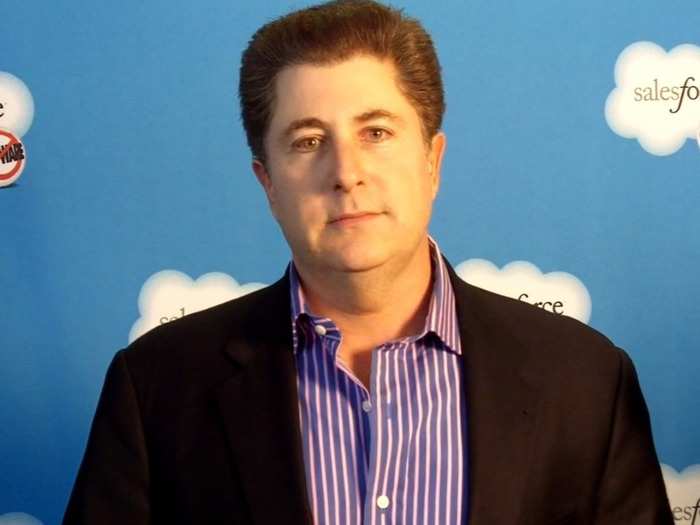
Benioff writes in his book, “After some convincing on my part, both signed on.” But Steele told us in a previous interview that he and Rudnitsky actually knew Benioff was reaching out to both of them separately. He says they secretly agreed to highly recommend each other to Benioff in order to get the job.
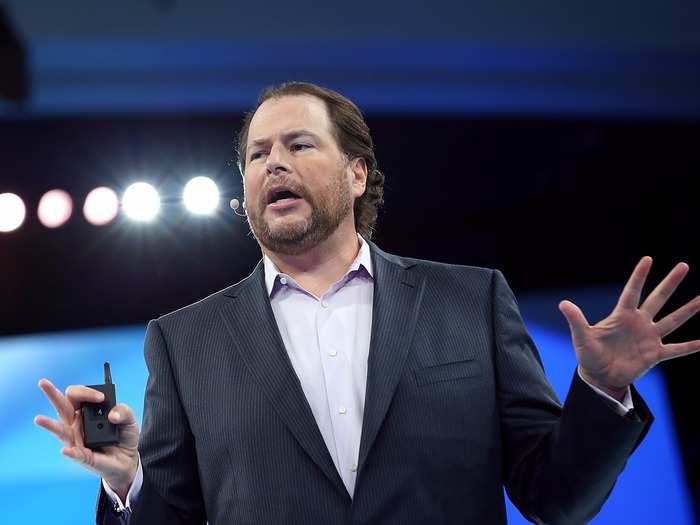
Rudnitsky had an amazing track record before joining Salesforce. He’d worked at Oracle, Netscape, and Ariba (which was later sold to SAP for $4.3 billion). In fact, he was responsible for Netscape’s first enterprise sales when McGraw-Hill bought 10,000 browsers all at once.

Rudnitsky promised Benioff, “I’ll get you your first thousand-user deal,” when he first joined Salesforce. Within a week of starting, Rudnitsky and Steele, alongside Salesforce’s first CMO Tien Tzuo (now CEO of Zuora), found a huge potential customer called SunGard, and eventually turned them into Salesforce’s first big enterprise client.

According to Benioff, Rudnitsky created this sales playbook for the team he ran called the global financial services division. But it was so successful that it was later shared with the entire enterprise sales team.
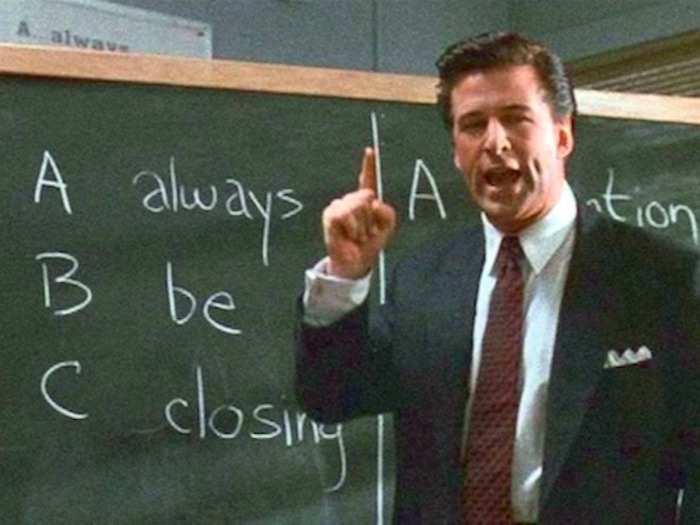
The playbook doesn’t contain any groundbreaking secrets, but has some important lessons that many companies can definitely learn from. As Benioff puts it, “Some of the following ideas may not be revolutionary, but it’s uncommon for salespeople to actually employ all of them.” Here are the 11 rules to follow:
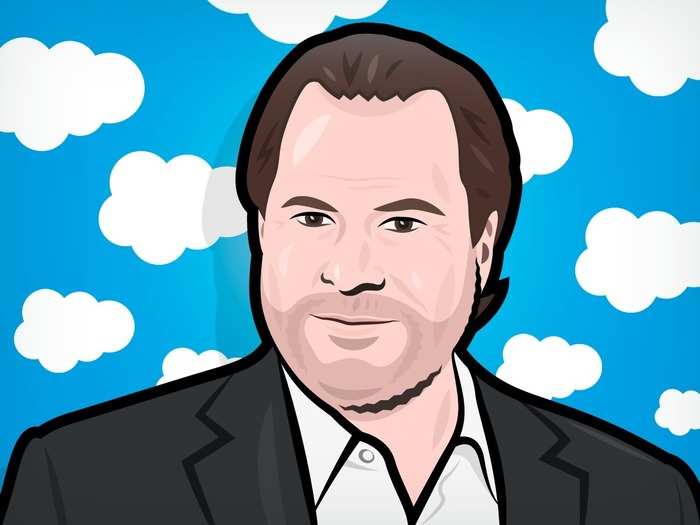
1) "Think BIG, Have Attitude": Think big (dollars and scope), not just the immediate opportunity in front of you. Behave as if your company is big, even if it's not. Salesforce's average customer had 12 users when Rudnitsky started out.
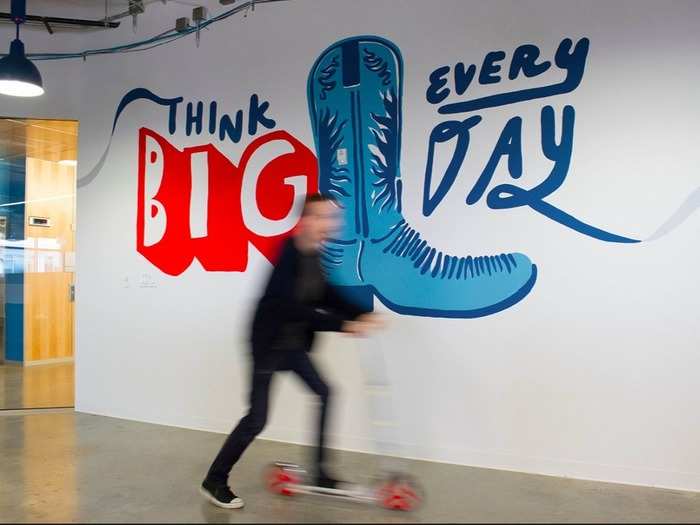
2) "No deal is won or lost alone": Bring in the entire team to work on new deals, and brainstorm about how to do a better job. "I'm less impressed with someone who closes a $2 million deal alone than I am with someone who brought all of us in and still closed the same $2 million deal," Rudnitsky said.

3) "Connect the dots": Never cold-call, always call with a plan. Constantly reach out to contacts and find connections before engaging with a prospect.

4) "Focus on 'why not'": Instead of thinking about why a deal will close, focus on why it might not. "Anticipating the 'why nots' gives you a significant advantage over [competitors]," he writes.

5) "Always take the deal off the table": Make sure every deal is closed if it's ready to close. Don't waste any time, leaving a chance for the deal stalling and potentially getting away.

6) "Get your face in the place": Meet your customers in person. You won't be able to learn anything about them by just talking on the phone. It also strengthens the customers' confidence in you.

7) "Fun facts build instant credibility": Try to learn everything about your customer and collect 'fun facts' that could be used to build your credibility.

8) "Be proactive on all paperwork": Make sure all paperwork is in place. Otherwise, it will "come back to bite you."

9) "Always get quid pro quo in negotiations": Don't be afraid to ask for more and say no when needed. For example, make sure you're allowed to announce the deal in the press because it gives huge publicity that could lead to other opportunities.

10) "Share best practices": Share great emails or proposals with the rest of the team and try to learn from them. And use them in other deals too.

11) "Go after game changers": Look for deals that can take the company to the next level. "These deals are revolutionary in a company's evolution. Winning huge customers, such as Dell and Japan Post, was game changing for our company," Benioff writes.
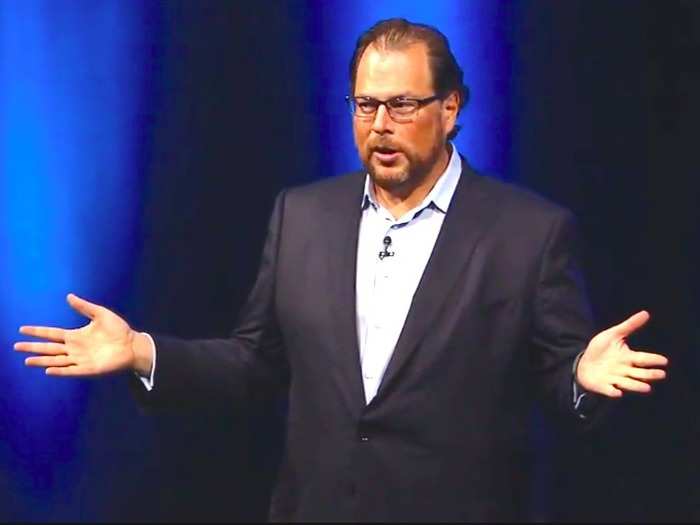
Popular Right Now
Advertisement